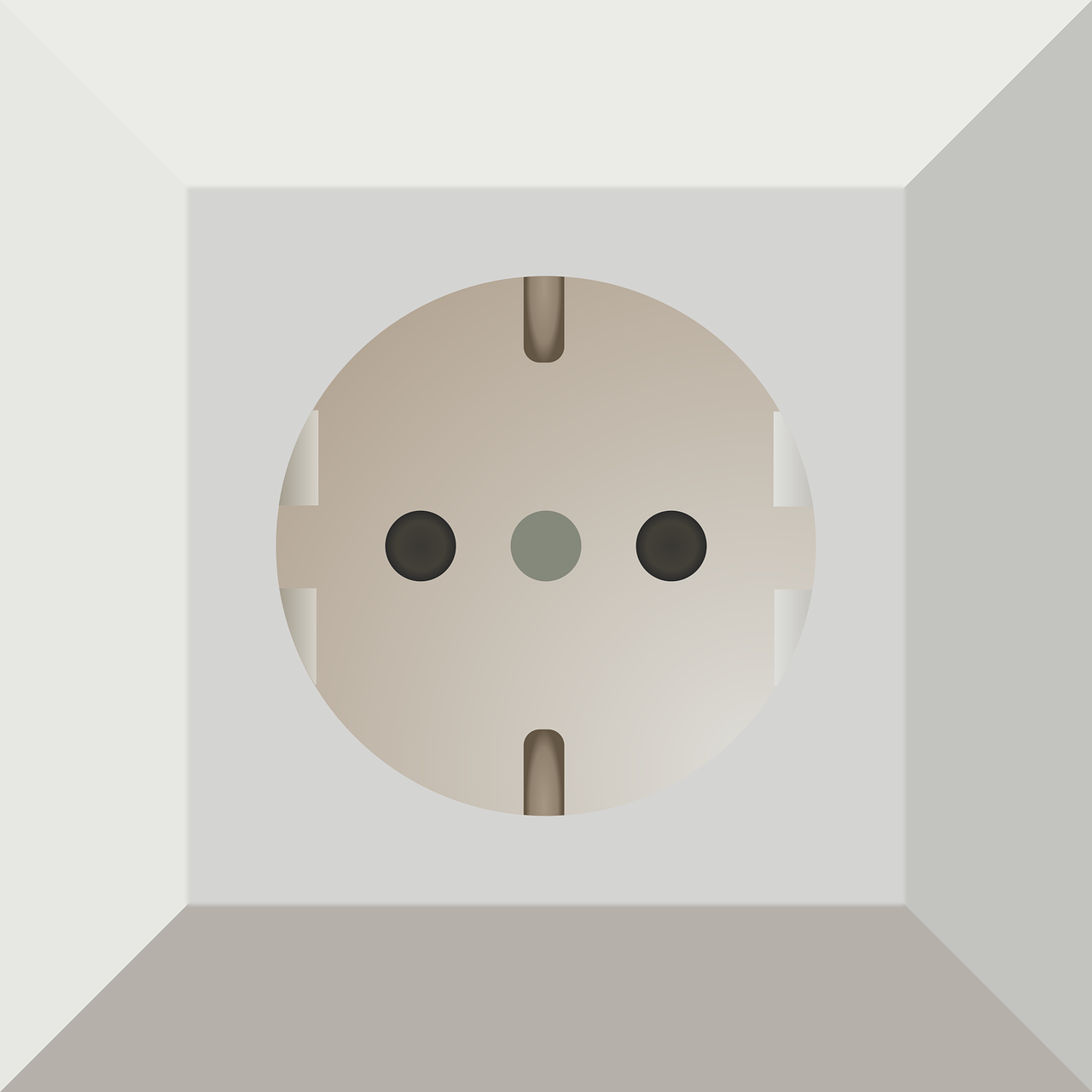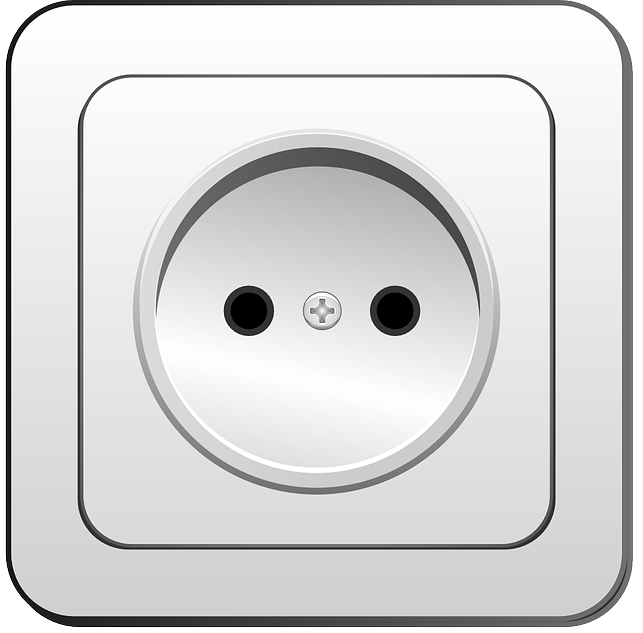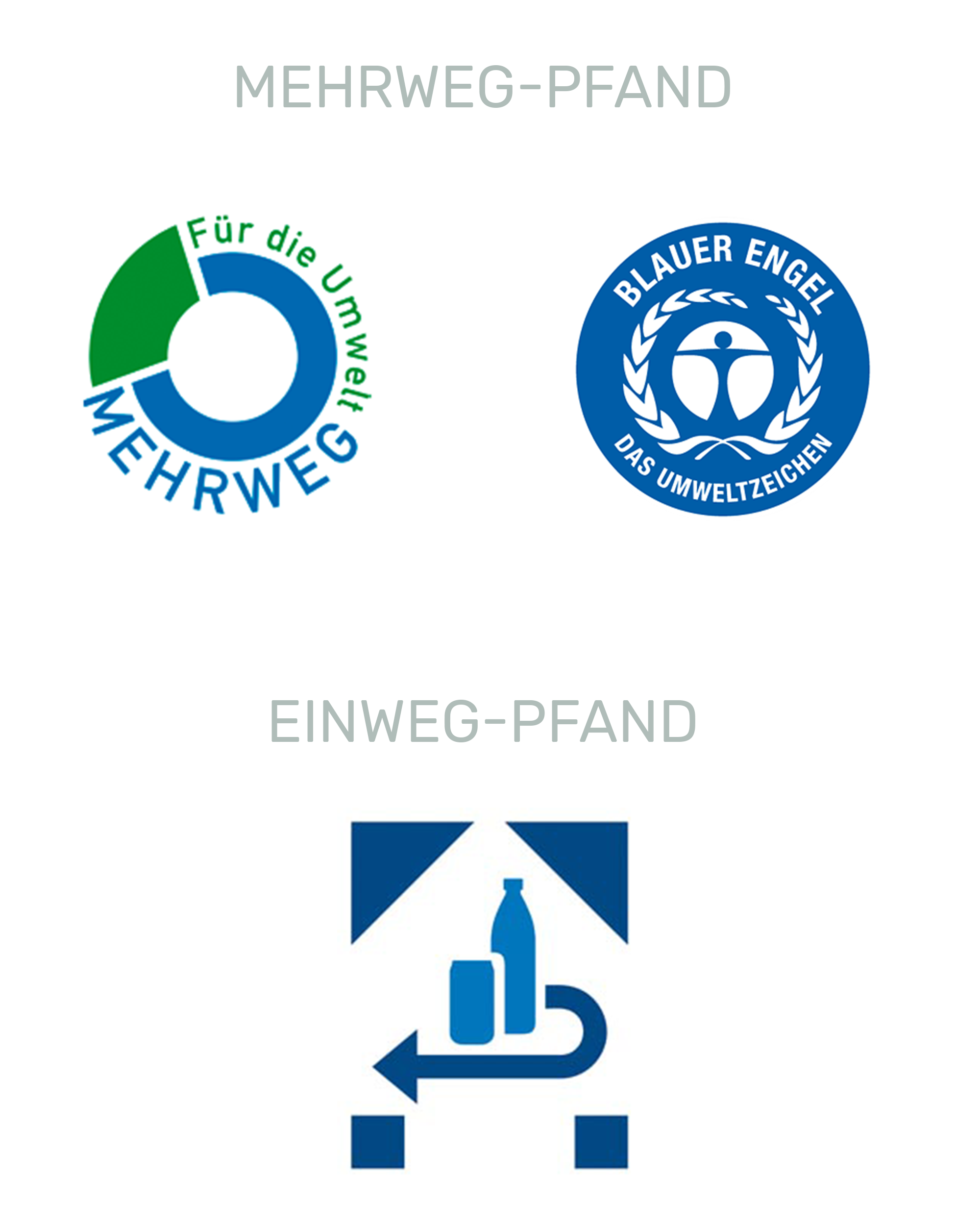Welcome in Bremen!
This video shows different people from Bremen, the city and welcomes new citizens! Subtites are in English, German and Spanish.
We would like to help you to arrive well in Bremen and to live here. On this page you will find important information and contact points for foreign professionals in Bremen:
1. Arrive in Bremen
2. Living in Bremen
3. Working in Bremen
4. Health in Bremen
5. Everyday life and leisure in Bremen

1.
Arriving in Bremen
When you come to Bremen, you will either arrive at the airport or main train station.
Train station: From the main station you can take the train, tram or bus within Bremen. On the VBN website you can see which bus or tram you can take. You can also take a taxi.
Airport: From the airport, you can take tram 6 in the direction of the main station. From here you can travel anywhere to Bremen. You can also take a taxi from the airport.
Please note: If you travel by tram or bus, you will need a ticket. You can buy the ticket directly in the tram at the ticket machine. On the bus you can buy a ticket from the driver.
If you take a taxi, you can ask the driver how much the ride will cost.
You can find more information about public transport in Bremen in the category Bus & Bahn (Bus & Train).
Once you have arrived in Bremen, you must register at the Bürgeramt (Citizens’ Registration Office) within 14 days. Registering means that you inform the authorities that you live in Bremen.
You can register at:
Bürgeramt or BürgerServiceCenter
Pelzerstraße 40
28195 Bremen
Tel.: +49 421 115
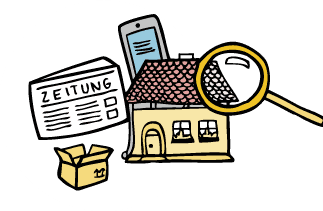
2.
Living in Bremen
Sometimes your employer (or an agency) organises your accommodation. In this case, you will be given all the information about your flat in Bremen.
If you are looking for a flat yourself, GEWOBA, WGS or BREBAU, for example, can help you. You can also find flats on the internet (e.g. at Schwarzes Brett Bremen, Immonet or Immobilienscout24).
BREBAU GmbH
Schlachte 12/14, 28195 Bremen
Tel.: +49 421 3496260
GEWOBA Aktiengesellschaft Wohnen und Bauen
Rembertiring 27, 28195 Bremen
Tel: +49 421 3672590
WGS Bremen Wohnungsgenossenschaft eG
Sielwall 12, 28203 Bremen
Tel: +49 421 791760

3.
Working in Bremen
If you have come to Germany for a job, you already have an employment contract. The employment contract tells you everything you need to know about your new job.
If you do not understand something in your employment contract, you can always get advice from a Counselling Centre. There you can also get advice if you have difficulties with your employer.
You can find more information in the category Work & Qualification.
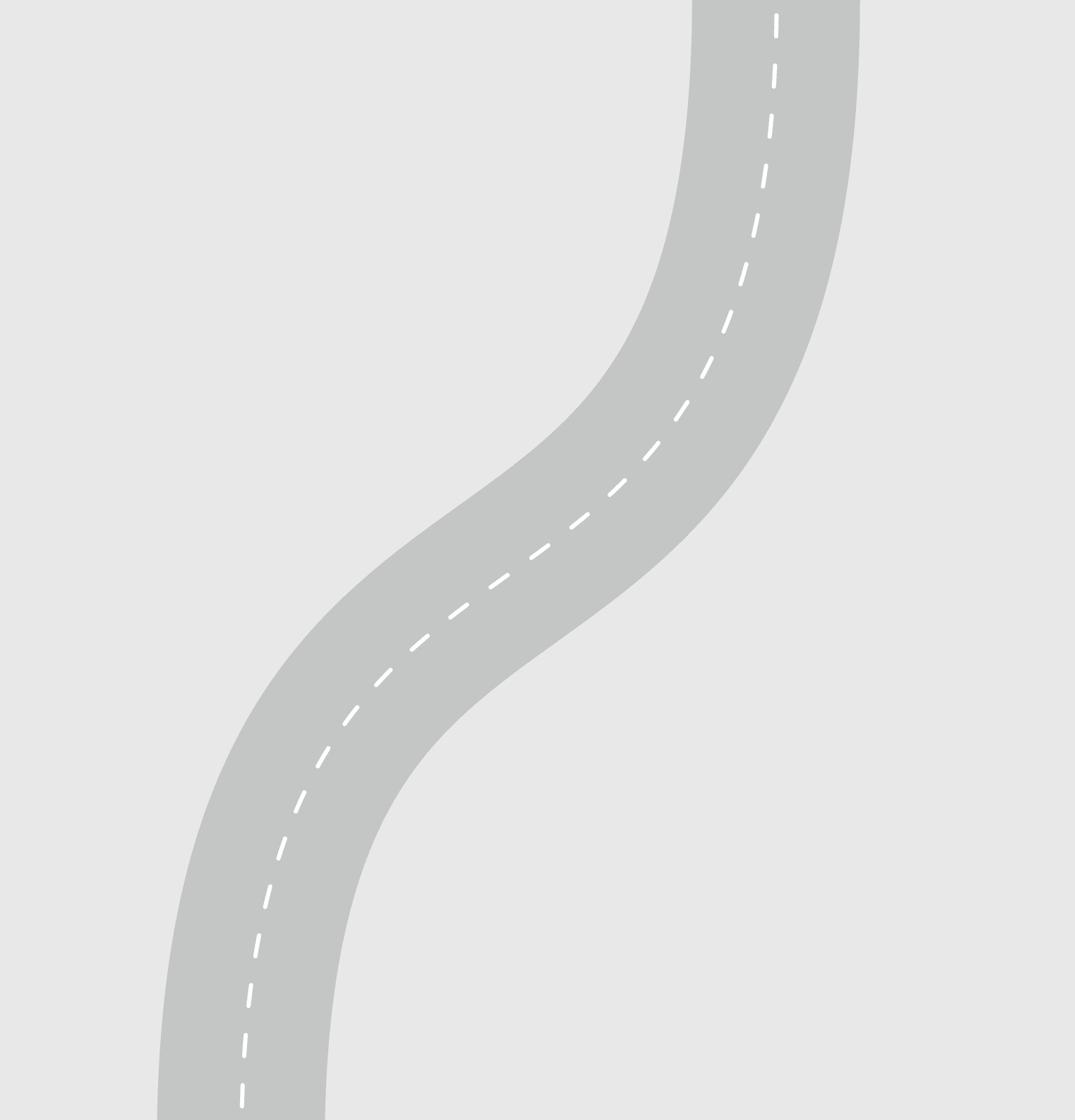
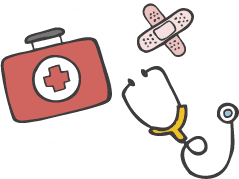
4.
Health in Bremen
In Germany there is compulsory health insurance – this means that everyone must have health insurance.
Health insurance covers many costs such as medical treatment, preventive health care and rehabilitation. When you go to the doctor, you have to bring your insurance card with you.
If you are sick, go to the GP. You have to make an appointment before going to the doctor. You can find a doctor near you on the kvhb site. There you will also find specialists. If you are not sure which specialist you need, you can ask your GP.
If you need a doctor and the doctor’s office is closed, you can go to the medical on-call service. The medical on-call service is also open at night and on weekends. It is best to call 116 117 beforehand.
Please do not go to the emergency room at the hospital until you have an emergency. If you cannot drive yourself, call the emergency service on 112.
You can find more information and contact points in the Health section.

5.
Everyday life & leisure in Bremen
In Bremen you can do a lot of things in your free time. Whether you like to do sports, visit museums and theatres, go on an excursion or meet new people – there is bound to be something for you.
In this paragraph we will answer some questions about your everyday life in Bremen.
You can find more information in our categories Everyday Life and Leisure & Culture.
